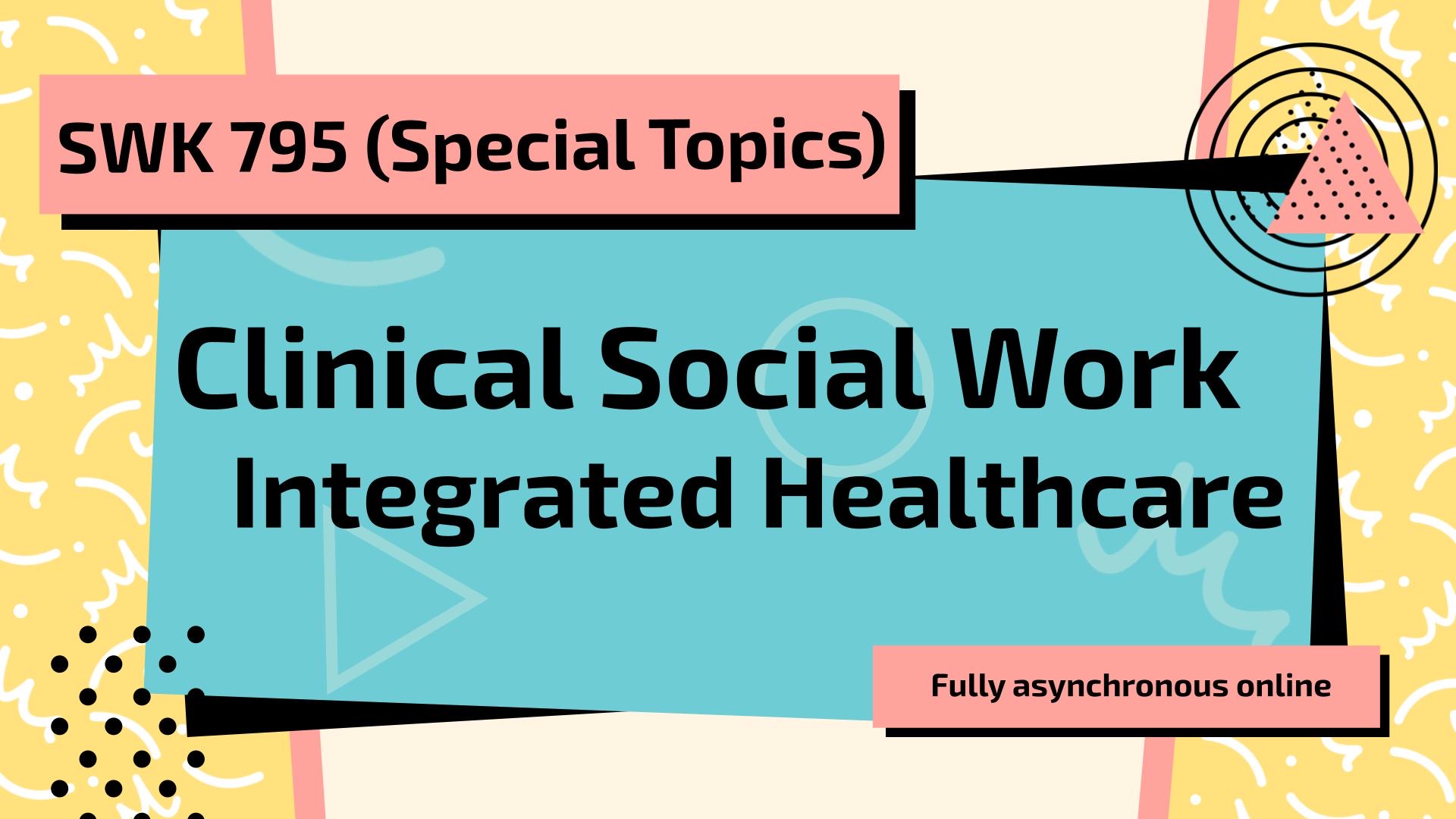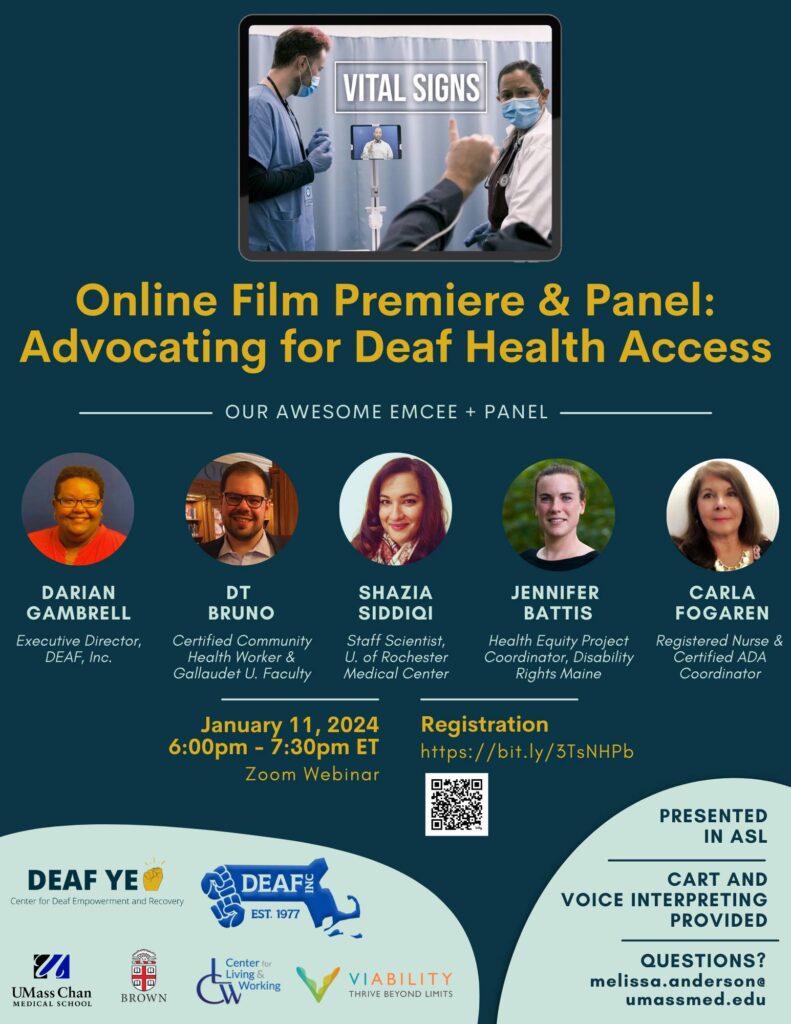
The confluence of a growing aging population, heightened awareness of chronic illnesses, and the ongoing complexity of the U.S. healthcare system, exacerbated by the recent global pandemic, underscores the critical need for medical social work. Having dedicated three years to working as a community mental health professional and community health worker, I have been afforded the opportunity to develop a graduate-level course, “Social Work Clinical in Integrated Healthcare,” at Gallaudet University. This course aims to acquaint students with the intricacies of medical social work and the integrated healthcare model.
This 8-week asynchronous advanced course in clinical social work explores the holistic role of clinical social workers in healthcare settings when working with diverse deaf communities. Building upon foundational knowledge, students will develop a deep understanding of the multifaceted roles that social workers play in addressing their unique needs, effectively bridging the gap between public health and individual clinical care. Each week, students will have the opportunity to watch a comprehensive video lecture presented by the professor, focusing on a wide range of health conditions and preventive care strategies commonly concerning Deaf communities. After watching the weekly video lecture, students will actively engage in solving common integrated care scenarios through a holistic approach, supported by evidence-based research. This hands-on application of knowledge will enable students to develop practical skills and a comprehensive understanding of how to address the unique needs of Deaf communities in healthcare settings. As integrated care increasingly involves collaboration across primary doctors, mental health providers, community health workers, and more, this course becomes essential for preparing social workers to excel in this evolving healthcare landscape.

